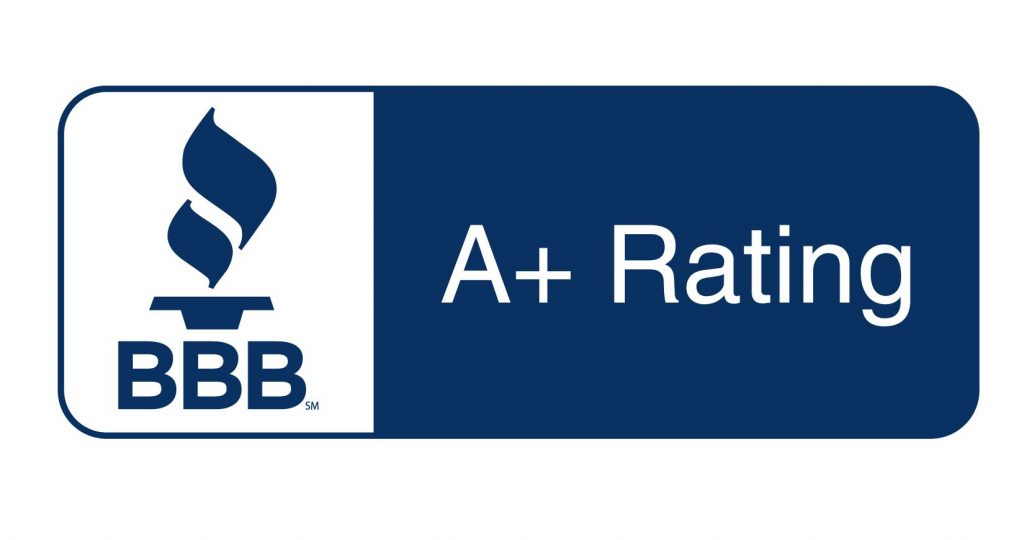More and more people are becoming aware of the importance oral health plays in our overall health. Consider these statistics:
- 50% of heart attacks and strokes are triggered by oral pathogens.
- People who have had gum disease for ten or more years are 70% more likely to develop Alzheimer’s disease.
- Women with periodontal disease are 12% more likely to suffer premature death.
- 95% of Americans with diabetes have gum disease, which weakens glycemic control.
Yikes! It’s no wonder Medicare beneficiaries often ask about how Medicare pays for dental services and, in particular, dental implants.
Does Medicare Cover Dental Services?
People are often surprised to find out that Original Medicare (Parts A and B) covers almost no dental services. There are only two occasions when coverage will be considered, and those two situations are extremely rare.
- Jaw reconstruction surgery following an accident
- Tooth extractions to prepare for jaw radiation for cancer treatment
Other services, like routine dental exams, cleanings, and restorative treatment like fillings, crowns, and dentures, are not covered by Medicare. Without another type of dental insurance, beneficiaries will be responsible for all costs pertaining to dental services.
Some beneficiaries choose to enroll in Medicare Advantage, also known as Medicare Part C. Every Medicare Advantage plan is different, but most of them include dental benefits. Some even include coverage for dental implants.

What Is a Dental Implant?
Dental implants are becoming more common as they get more affordable. (They’re still expensive, we know!) In addition, many general dentists include them in their services, so you don’t always have to see a specialist to get a dental implant.
What are dental implants? Dental implants are the best way to replace a missing tooth. They can restore one missing tooth, several, or an entire arch of teeth. The implant itself looks like a small screw that is inserted into the jawbone. Then, a single implant crown (the part that looks like a tooth) can be placed on top of the implant. An implant bridge can be used to restore several teeth in a row. Now, implants can even be used to hold a complete denture in place. This prevents the denture from getting loose when you talk or speak.
We said that dental implants are more affordable now, but they can still cost several thousands of dollars for a single tooth. Fortunately, many insurance companies are now including dental implants in their coverage.
Does Dental Insurance Cover Dental Implants?
Not every Medicare Advantage or stand-alone dental insurance plan includes implant coverage. You’ll need to review your plan’s evidence of coverage to find out what benefits are included in your plan. For those that do, there are still a couple of other things to consider before rejoicing.
First, the missing tooth clause. Some plans include a clause that states that if the tooth was missing prior to coverage, it would not pay for any replacement option. This could be for as long as you have coverage or for the first several years. If you were missing a tooth prior to your current insurance plan, first check to see if your policy includes a missing tooth clause.
Second, nearly every policy includes the LEAT clause. LEAT stands for Least Expensive Alternative Treatment. This means the plan will only consider paying for the least expensive treatment option.
Here is how this clause usually works when it comes to dental implants. If you are missing a tooth on both sides of an arch – let’s say the lower-left and lower-right – the plan will pay for the least expensive treatment to restore both teeth. That treatment is a partial denture. So, if you decide to get a dental implant instead, your plan will only pay the amount allowed for a partial denture.
That was a lot of detailed information. Just like other types of insurance, dental insurance can be pretty tedious. However, a dental office will be able to look at the specifics of your policy and help you determine your coverage. You can also submit a predetermination (also called a preauthorization), which will tell you exactly what the insurance company will pay for a service. This will also help you ensure you know what to expect when it comes to your portion of the bill.
Even if your Medicare Advantage plan does pay for dental implants, it probably won’t cover the entire expense. You’ll be responsible for some cost-sharing, as well as anything over and above your plan’s annual maximum.
Curious if your Medicare Advantage plan includes dental implant coverage? Chat with one of the insurance agents at Carolina Senior Benefits. We’ll take a look at your current policy and explain how the dental portion works. We can also look at additional dental policies if you’d like to increase your coverage.





